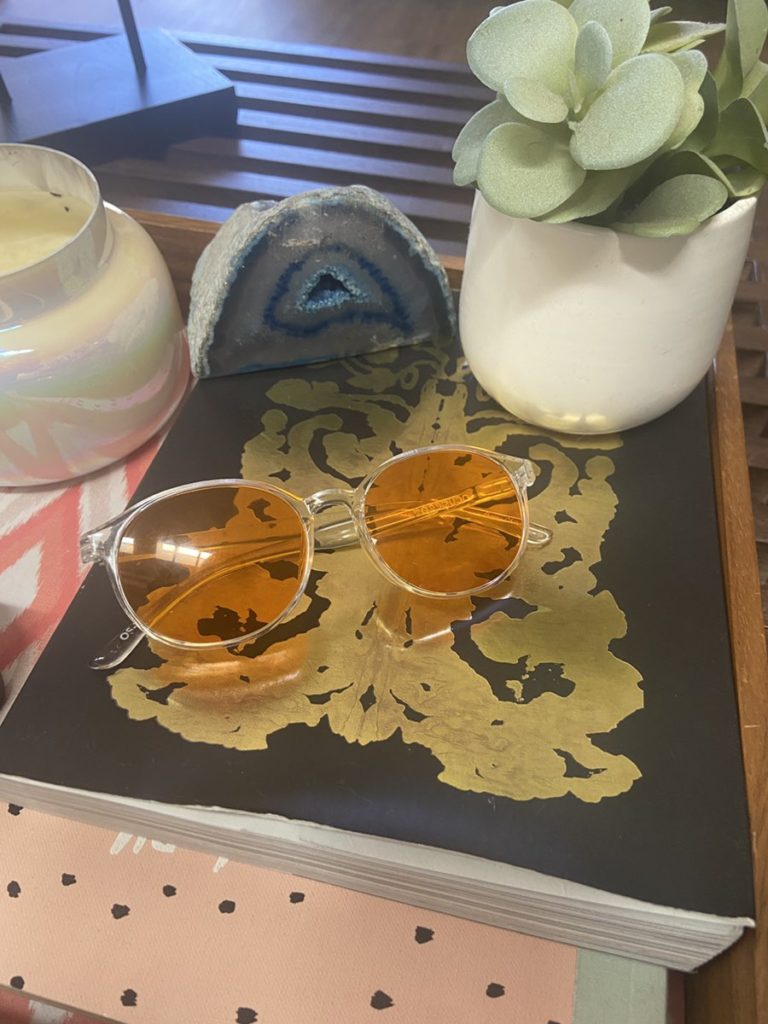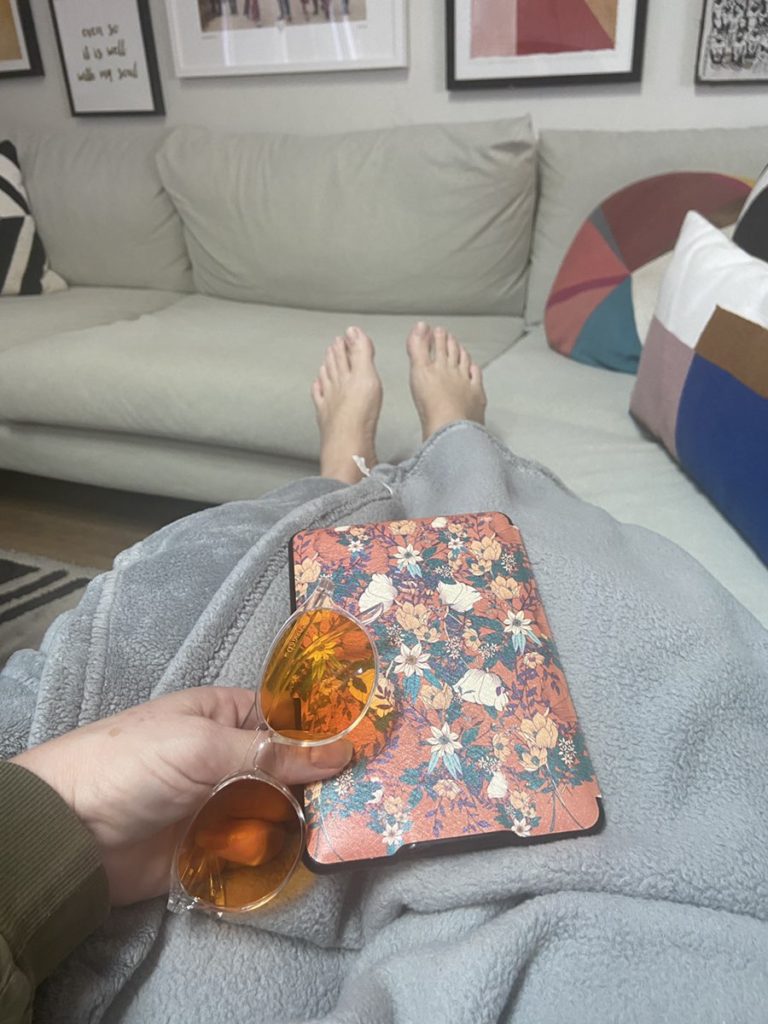This post was sponsored by Ocusleep™
I’ve talked quite a bit about my struggles with insomnia. It’s been a lifelong issue for me, and I’ve worked hard to have better sleep hygiene. But like most folks in this digital age we are living in, the siren call of screens can be an issue for me at bedtime, which is a problem since we know that exposure to TV, smartphones, tablets, and laptops can suppress natural melatonin. I try to stay off screens, but often find myself needing to send off one last email or peek at instagram just before bed.
There is a growing body of research that supports the idea that poor sleep is a significant contributor to many health conditions including hypertension and diabetes. I know that for me, poor sleep leaves me feeling foggy-brained and overwhelmed.
Sleep is also really important for kids. Sleep can be a huge component in school performance and a lack of quality REM sleep commonly leads to decreased work and school performance, as well as slower reaction times while driving. But a lot of us have found our kids using screens even more, especially since COVID pushed much of our social interactions online for a while. I know our family is still trying to find the right balance there.
One recent New York Times/YouGov survey found that many parents with children who struggle to fall asleep now rely on melatonin pills to help wind them down. And while melatonin is great for a quick-fix, relying on a supplement for sleep is not a great strategy, especially since melatonin supplements are not FDA-regulated, can interact with prescription meds, and come with a host of potential side-effects, including daytime drowsiness, irritability, dizziness, and stomach cramps.

I’ve found it really helpful for my own insomnia, as well as my kids’ sleep hygiene, with Ocusleep glasses. They were invented by a doctor who was struggling with something many parents experience; getting their children to fall asleep after hours of screen time which has been heightened due to COVID-19. He and another doctor created Ocusleep™ glasses during the pandemic when they noticed their own children having trouble falling asleep after remote learning and long evenings on screens.
Ocusleep™ glasses work by blocking 99% of the 480nm light spectrum which is emitted by digital devices as well as general sources of light. When exposed to blue and green light before bed, specialized retinal cells signal our brain to stay awake and prevent the natural release of melatonin. Ocusleep™ lenses contain a formulated pigment that blocks all blue and part of the green light spectrum, allowing our body to release its natural melatonin and make us sleepy.

I have developed a routine of putting on my Ocusleep™ glasses around 9pm every night. I wear them while watching tv or browsing my phone. I’m still working on reducing my screen exposure, but my Ocusleep™ glasses allow me to indulge for a bit every night without getting my brain worked up. It’s recommended to start wearing the glasses about 2 hours before you plan to fall asleep, and most people will notice the improved ability to fall asleep within one week of wearing the glasses.
TheOcusleep™ glasses are made with ultra light and flexible materials so you can be confident about their durability when wearing them in bed, and I’m pleased to say their designs are really cute! You can check out their glasses and learn more about what they do at Ocusleep.com.
